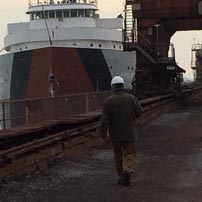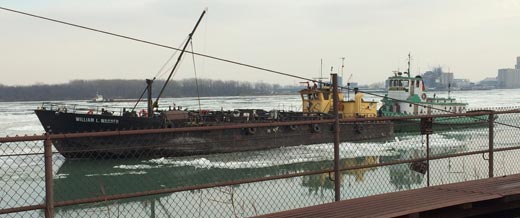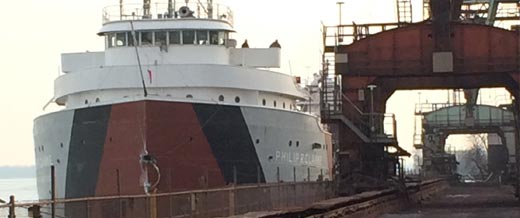Comprised of Lake Huron, Lake Michigan, Lake Erie, Lake Superior, and Lake Ontario, the Great Lakes are a vital source of maritime employment in North America and serve as a crucial component of American commerce and trade.
Making up a combined 20% of the entire world’s freshwater supply, the Great Lakes offer an important source of industry, recreation, and tourism for the entire United States. Millions of tons of cargo and commercial vessels pass through these waters every year, particularly bulk cargo such as oil, grain, or even gravel. Recreational boaters and tourists also flock to the Great Lakes from all over America due to the prime opportunities they offer for sightseeing, fishing, and pleasure boating no matter what your level of experience on the water is.
However, as with any other major body of water, the Great Lakes pose risks for any worker, fisher, or sightseer setting course on their waters. The volatile weather of much of the Midwestern states (as well as Canada) mean conditions on the lakes can suddenly turn harsh without much notice, and the dangers of working onboard a fishing or cargo vessel are multiplied when seas are rough.
If you or a loved one have been seriously hurt or fallen ill while working, fishing, or simply relaxing on the Great Lakes, you may be entitled to financial compensation under American maritime law, such as the Jones Act.
The Great Lakes and the Jones Act

As a federal negligence statute, the Jones Act allows for maritime workers to sue employers for damages resulting from an illness or injury suffered on the job if the injury is found to be caused by negligence and carelessness on the behalf of a shipowner. Anything from unseaworthy vessels to unclean or improperly maintained workplaces, even including the negligence of your coworkers, can be held against the shipowner if these conditions contributed to your injury. If any part of the ship, the equipment, or the actions of your coworkers were found to not be up to par and contributed to your injury, the Jones Act will allow you to seek financial compensation and damages.
A wide range of compensatory damages are available under the Jones Act in situations such as this, including lost wages, loss of future earning capacity, medical bills, and damages for pain and suffering.
Maritime Law and Recreational Boaters on the Great Lakes
While the Jones Act is crucial for protecting American maritime workers, a common misconception exists that maritime law only protects workers. General maritime law in the United States actually applies to any accident that occurs on navigable waterways in the United States, and this includes the Great Lakes. Additionally, general maritime law supersedes any state or federal limits already in place, allowing you to seek greater damages than you would be able to under local law.
What Can I Do If I Am Injured On The Great Lakes?
No matter what your reason for travelling or working on the Great Lakes, if you were injured on the Great Lakes you may be able to seek compensation for your condition under American maritime law. In order to seek this compensation you’re going to need the help of a tough and experienced maritime injury lawyer – and that means you need O’Bryan Law.
With decades of combined experience in nearly every facet of American maritime law, O’Bryan Law is the name you need to know when it comes to defending your rights as a boater. Contact us today and rest assured that we will do everything we can to stick up for the little guy against the big shipowners. We’ve done it for years, and we can do it for you.









